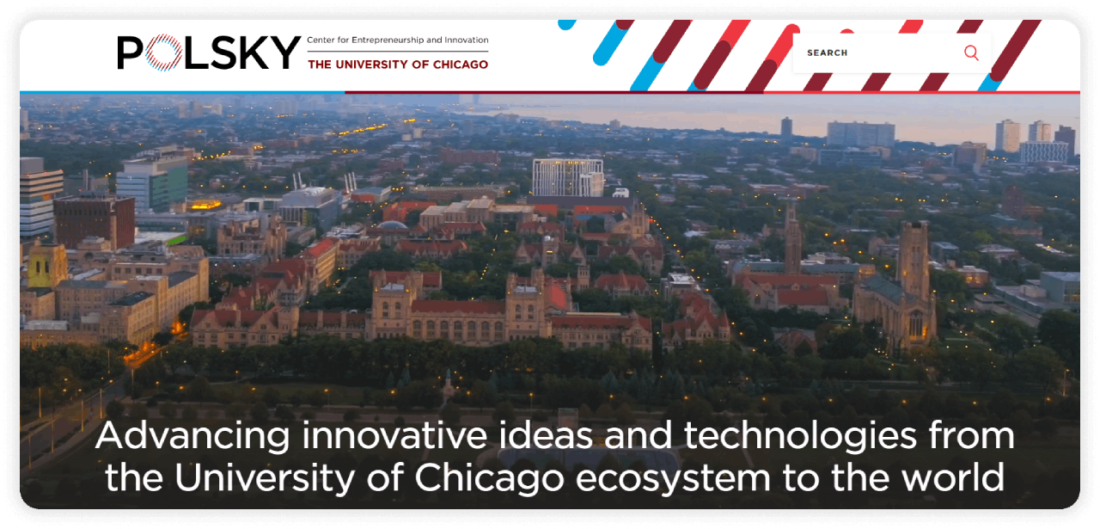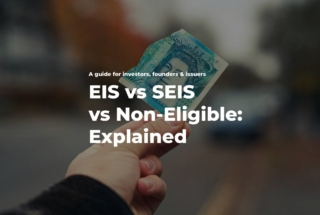Crowdfunding Science: A New Way for Early-Career Researchers to Fund Their Projects
No time to read? Let AI give you a quick summary of this article.
Scientific projects from established companies are usually funded by governments and research companies. However things are different for early-career researchers who want to secure funding for smaller niche projects that may not attract traditional grants. So, they have to look for alternative funding sources.
In some cases, startup accelerators and incubators may provide the necessary funding, offering not only access to their networks of investors, but also mentorship and facilities to work. While some of them may invest their own funds, others only connect scientists with potential investors and facilitate participation in programs to get funding.
For example, Polsky Center for Entrepreneurship and Innovation by the University of Chicago1 is an accelerator that offers many opportunities for startups and students willing to launch their own company or start a scientific research.

So, it allows to participate in the New Venture Challenge program where companies and students may apply for funding for their venues. The funding sum varies from $10,000 to $1,000,0002, depending on the type and scale of a project.
Schmidt Futures is another accelerator that assists scientific research with funding. Through the Schmidt Science Polymath Program3, the accelerator supports professors with remarkable track records in their wish to explore new research ideas. In 2023, nine professors were awarded by receiving $500,000 per year for up to five years for their research. The funds are paid through the awardees’ institutions.
The Science Creates4 accelerator doesn’t provide funding on its own but instead, it offers access to the extensive network of VC funds that partner with the accelerator to fund progressive projects, with a focus on science and technology. The accelerator also dedicates itself to creating incubators and constructing spaces5 such as laboratories, offices, and event spaces thus providing a place for tech and science startups to work. The accelerator focuses on students of the University of Bristol and is dedicated to supporting them in their first steps of launching a tech company.
The MBCbiolabs incubator6 takes the same approach as Science Creates does. This biotech incubator provides scientists a fully-equipped lab and a CRO facility with the most extensive range of equipment, meeting rooms, office space, and even a kitchen, among other facilities. It also helps to get in touch with VC firms that are partnering with the incubator7 to access promising investment opportunities in the field of science.
As one can see from these examples, accelerators and incubators are focused either on a specific category of scientists, area or field of science. Also, while they help to connect with potential investors, it doesn’t guarantee funding.
Here is when crowdfunding science comes into the play.
What you will learn in this post:
Why general crowdfunding platforms are not suitable
While it seems logical to launch a crowdfunding campaign on a popular platform such as Kickstarter or Indiegogo to ensure funding, things are different when it comes to scientific research. A general platform may assist with funding for launching a product or service; however, it can hardly help with the funding needed for research.
These platforms often attract an audience more interested in consumer products, and backers typically expect tangible rewards, which research projects rarely offer.
Moreover, scientific research usually requires larger and longer-term financial support, far exceeding the typical funding goals on these platforms. Without the specialized vetting or credibility that research-focused platforms provide, it becomes harder to build trust and secure necessary funds.
This is why it is better to opt for funding through a specialized platform.
Science crowdfunding: Experiment to crowdfund a scientific project
Researchers who need to look for a funding way other than getting a grant can check science crowdfunding platforms and try to obtain the required financial resources from the public. This way may be especially helpful for early-career researchers who are just starting to build their publication record. This approach can provide not only funding but also attract attention, help to foster communication skills, and create more public engagement with scientific endeavors.
There are not many crowdfunding platforms that focus on science, with Experiment being one of the most popular.
Experiment

Experiment8 is a platform for funding scientific discoveries. Since its launch in 2012, the platform has helped to fund over 1,200 projects with almost $12 mln pledged.
Everybody can raise funds for any creative idea. Backers fund the scientists directly, with no overhead costs involved (compared to 50-60% of overhead costs9 when receiving a grant at a university).
The platform adopted an all-or-nothing funding approach which means that if a project doesn’t raise the target sum, the funds are returned to the backers.
All projects are reviewed10 by the Experiment team for clarity, scientific accuracy, and feasibility before the campaigns go live. Scientists who received funding share progress and results directly with the backers in peer-reviewed journal publications, academic posters, in graduate theses, conference proceedings, etc.
The platform doesn’t charge anything to start a campaign. When the project is fully funded, Experiment charges a 8% platform fee plus payment-processing fees (around 3-5%11).
The platform supports only projects that are able to receive the funding to a bank account in the USA, Canada, Australia, or United Kingdom. The platform works to enable researches to located in other countries to receive funding but it is not there yet.
Along with crowdfunding opportunities, Experiment also offers grants12 to projects under such scientific challenges as frugal science ($100,000) and indigenous futures ($75,000), ocean sensors ($75,000), and some others.
How to launch a crowdfunding platform for scientific projects with LenderKit
If you are looking to build a crowdfunding platform to finance scientific projects, LenderKit white-label crowdfunding software has got you covered. We offer a comprehensive investment solution that will facilitate your client onboarding, deal management, investor relations, transaction processing and reporting.
Whether you are a research center, accelerator or an entrepreneur, our tools provide great functionality and can be used to launch a prototype platform or a full-scale investment marketplace.
Reach out to us to learn more about our crowdfunding software and how it can help you grow your science crowdfunding business or a nonprofit venture.

Article sources:
- Home - Polsky Center for Entrepreneurship and Innovation
- 2024 Companies - Polsky Center for Entrepreneurship and Innovation
- Home | Schmidt Sciences
- 404 - Page not found
- Deep Tech Incubators | Specialist labs, offices & event space
- MBC BioLabs - MBC BioLabs
- Home | missionbaycapital
- Experiment | Crowdfunding Platform for Scientific Research
- How It Works | Experiment
- Researcher Guide - Design | Experiment
- Researcher Guide - Extra | Experiment
- Experiment



